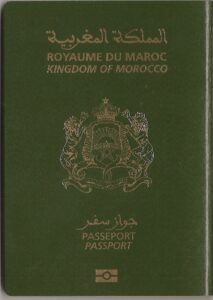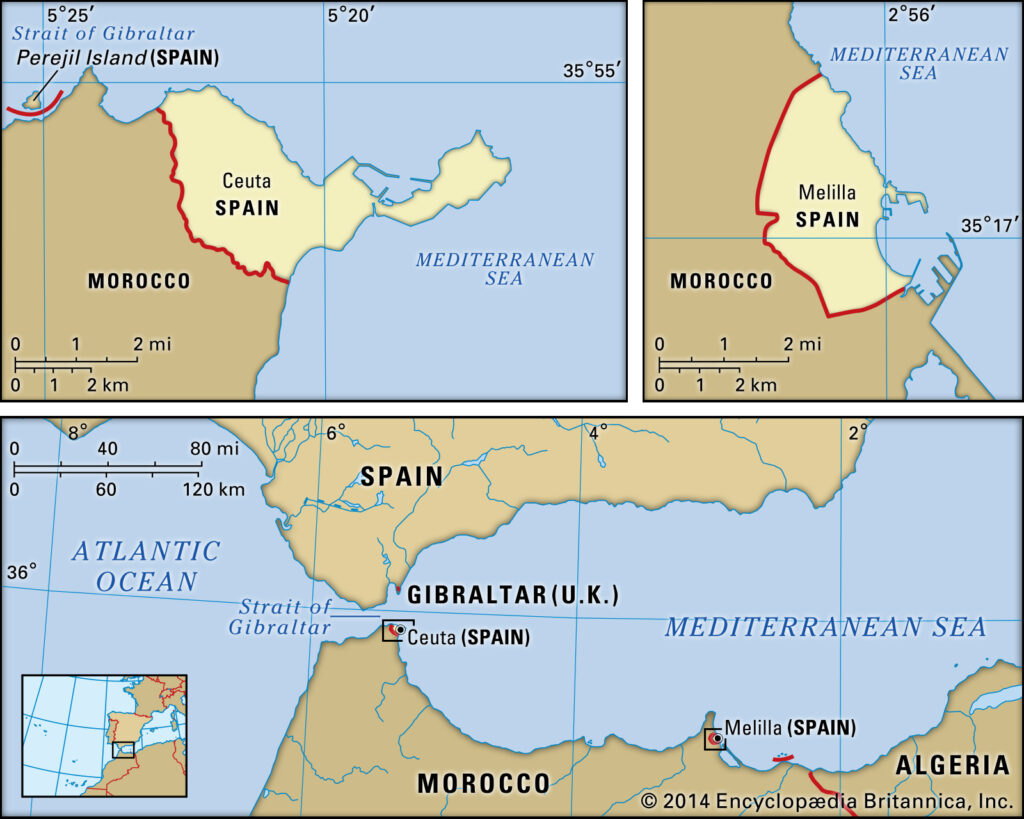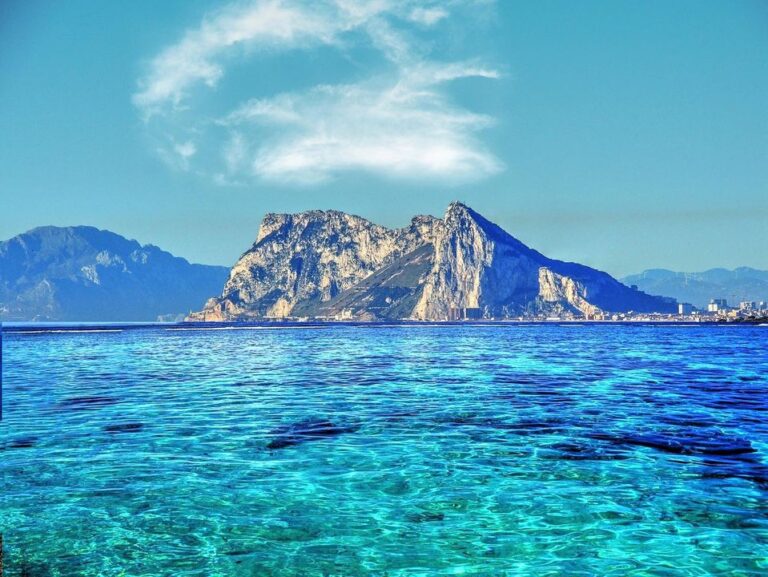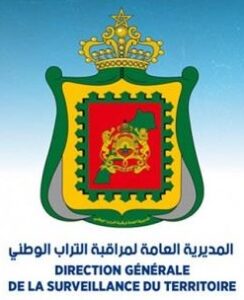DST: Morocco
The General Directorate for Territorial Surveillance (Arabic: مديرية مراقبة التراب الوطني, Mudīriyyat Murāqabat al-Turāb al-Waṭaniy; French: Direction Général de Surveillance du Térritoire), is commonly know as the DGST or the DST. It is the internal intelligence agency of the Moroccan state. Its main objective is to monitor subversive domestic activity.
The DST emerged from the CAB1, the counter-subversion unit and political police of DGSN. CAB1 was implicated in the abduction of political opponent Mehdi Ben Barka whilst in France. Ahmed Boukhari, a former agent of the CAB1, disclosed that the operation was masterminded in collaboration with corrupt French policemen and part of the French mafia.
The abduction of individuals is usually an alternative to a simpler assassinations, which creates substantial media coverage and local police (not in the loop) are obliged to investigate. Whilst in captivity several methods may be used to extract information, or the more gentle approach of trying to turn the individual. Strategies such as blackmail or intimidation are powerful tools which can be used to good effect. A person of stature relies on his/ her public image and if this were to be tainted it may well be their ruin; albeit the allegations or evidence have been doctored or fabricated.
The DST has had many torture allegations and scandals. As from 2002 the DST operated the Temara Interrogation Centre (TIC), a black site for interrogations on behalf of the United States. This resonates similarly to Guantanamo Bay.

After the 2003 Casablanca bombings, the DST was involved in controversial interrogation methods to obtain forced confessions from the suspects. Forced confessions are known to be unreliable and in many cases confessions are preferred to stop the torture. After the 2011 Arab spring protest, the TIC is thought to have been relocated to the Ain Aouda secret prison. Furthermore; it is rumoured that the US has paid Morocco $20 million to build a task specific secret detention centre.
In 2010 Ali Aarras (a Belgian citizen), was extradited to Morocco from Spain where he was cleared of terrorism charges due to a lack of evidence. The extradition to Morocco resulted in a trial where he was condemned by judge Abdelkader Chentouf to 10-years in prison. It is reported that the sentence was based on forced confessions, which according to Ali Aarras were obtained under torture.
Should your mission require you to jump continents, it is wise to note the time difference between Morocco (what seems like a neighbouring country) and CET Europe (-1hr).
Morocco is GMT/UTC + 1h except during the month of Ramadan.
Morocco is a major producer of Cannabis. The country turns a blind eye to the production and export, as this underpins the economy. It is not uncommon for the Navy to have been paid off by exporters for safe passage.

It is in isolated cases that proceeds fund terrorist groups. Morocco’s success in combating Islamic Extremism and guarding against terrorist attacks come through collaboration with the US, China and Russia.
Note; the Spanish cities of Ceuta and Melilla, (which form part of the Morocco coastline), are the only two cities where the European Union shares a land border with an African country.
The industrial methods of transport includes concealed containers either by haulage or shipping, innocuous pleasure crafts, fishing vessels and the more dramatic fast boats. It has never been reported that a submersibles have been used commonly known as Narcosubs (semisubmersible), as seen off the Colombian Coasts.

